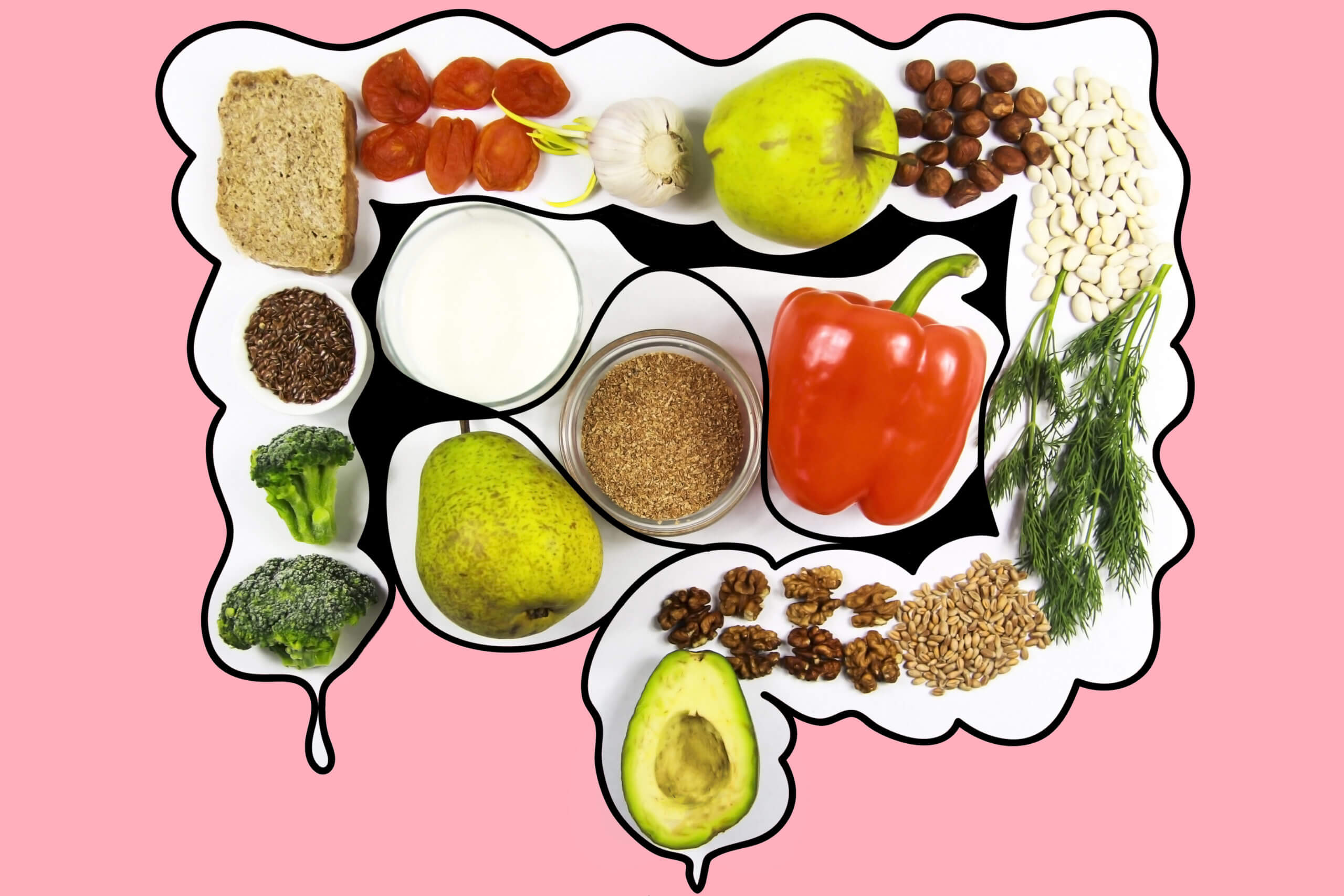Scientists and medical professionals continue to discover supporting evidence for the link between gut health and disease prevention. Additionally, recent research shows that components of an individual’s diet also play an essential role in the wholeness and wellness of the gut microbiome.
The gut microbiome consists of a mixture of microorganisms such as microbes, viruses, and bacteria that live in the gastrointestinal tract. While lifestyle and biological factors affect the makeup of an individual’s gut microbiome, studies show that nutrition choices are heavy contributors to gut flora composition.
The Study Components
In a recent study, researchers investigated the internal bodily response to food in more than 1,100 volunteer subjects. Researchers used metagenomic sequencing to examine the unique microorganism makeup of each subject’s gut microbiome. The team collected data about long-term nutritional intake to analyze dietary patterns. Additionally, the study included the subject’s personal health information such as disease risk, glucose levels, metabolism, cholesterol, and inflammation. Lastly, researchers collected each subject’s health measures (age, weight, BMI, blood pressure, and body fat composition).
How Diet Plays Role In Gut Microbiome, Disease Prevention
The results show that diet influences the composition of the gut microbiome. In addition, findings reveal that nutritional choices and dietary patterns affect disease risk factors and health outcomes. Also, distinct gut bacteria are linked to certain nutrients, according to the study.
For example, dietary patterns that include processed items, foods high in sugar content, meats high in fat content, and dairy products produce gut microbes that link to inflammation, high cholesterol, and increases in blood glucose levels. These disease risk factors also contribute to a higher risk of strokes, cardiac problems, and the potential for the onset of type 2 diabetes.
In contrast, the study finds dietary patterns that include the consumption of nuts, fish, eggs, and vegetables high in fiber content (like broccoli and spinach) contribute to multifarious gut flora. This diversity in the gut microbiome links to lower risks of chronic diseases and health concerns. Also, diets that include polyunsaturated fats in foods like flaxseed, chia seeds, fish, and nonhydrogenated soybean oils generate gut microbes that reduce disease risk.
Plant-based, unprocessed foods are best
Overall, the study indicates that consuming unprocessed plant-based foods regularly allows the gut flora to thrive and contributes to gut microbiome diversity. These findings are essential for warding off chronic disease risk factors. Habitual nutritional intake that revolves mainly around plant-derived foods that are whole and unprocessed can directly impact the gut flora in the entire gastrointestinal tract leading to increases in overall health and wellbeing.
This study is published in Nature Medicine.
